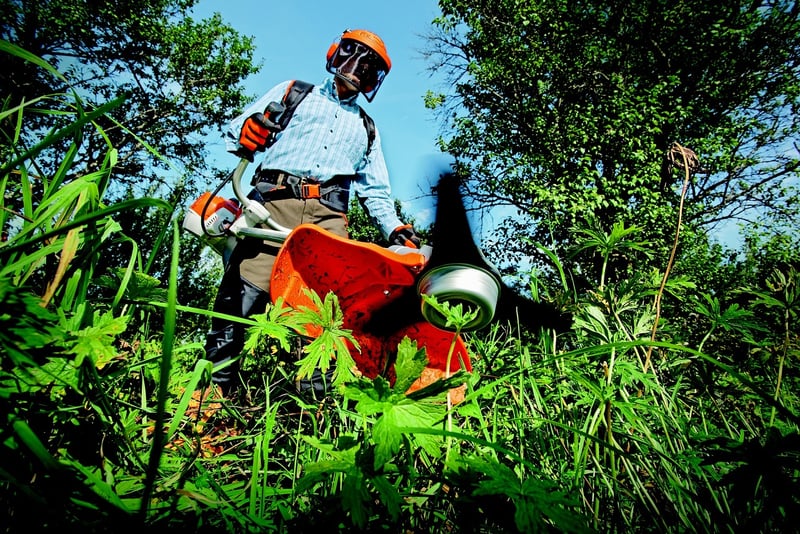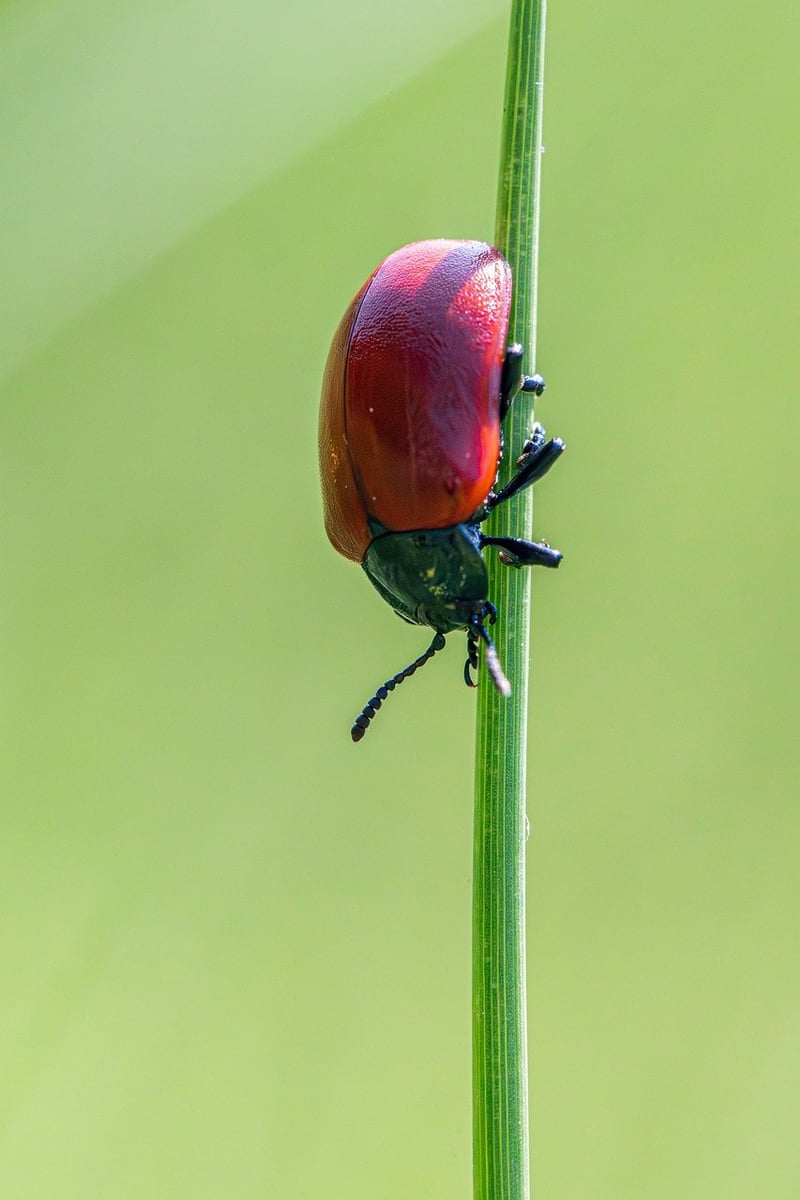Natural Pest Control
Environmentally Friendly Gardening Practices and Natural Pest Control
Creating a sustainable garden not only benefits the environment but also promotes healthier plants and wildlife. By adopting environmentally friendly gardening practices and utilizing natural pest control methods, you can maintain a beautiful garden while minimizing harm to the ecosystem. Let's explore some eco-friendly techniques that will help you achieve a thriving garden without compromising the environment.
1. Composting
Composting is a fantastic way to recycle organic matter from your kitchen and garden waste. By turning this waste into nutrient-rich compost, you can enrich the soil and reduce the need for chemical fertilizers. Not only does composting benefit your plants, but it also reduces methane emissions from landfills.
2. Water Conservation
Conserving water is crucial for sustainable gardening. Collect rainwater in a barrel and use it to hydrate your plants. Additionally, consider installing a drip irrigation system to deliver water directly to the roots, minimizing water wastage through evaporation.
3. Plant Native Species
Native plants are well-adapted to the local environment, requiring less water and maintenance. By planting native species, you can attract beneficial insects and wildlife while supporting the local ecosystem.
4. Natural Pest Control
Instead of resorting to chemical pesticides, opt for natural pest control methods. Introduce beneficial insects like ladybugs and lacewings that feed on harmful pests. You can also use companion planting to repel pests or attract predators that prey on them.
5. Mulching
Mulching not only helps retain moisture in the soil but also suppresses weeds and adds organic matter as it breaks down. Use organic mulch like wood chips or straw to improve soil structure and reduce the need for synthetic fertilizers.
6. Integrated Pest Management (IPM)
Implement an Integrated Pest Management approach that combines cultural, biological, and mechanical methods to control pests. By monitoring pest populations and using targeted strategies, you can minimize damage to your plants without harming beneficial insects.
7. Avoid Synthetic Chemicals
Steer clear of synthetic chemicals that can harm beneficial insects, pollute water sources, and disrupt the natural balance in your garden. Opt for organic and eco-friendly alternatives to protect your plants and the environment.
By embracing these environmentally friendly gardening practices and natural pest control methods, you can create a sustainable garden that flourishes with life. Let's nurture our gardens while safeguarding the planet!

For more tips and inspiration, check out Royal Horticultural Society.
